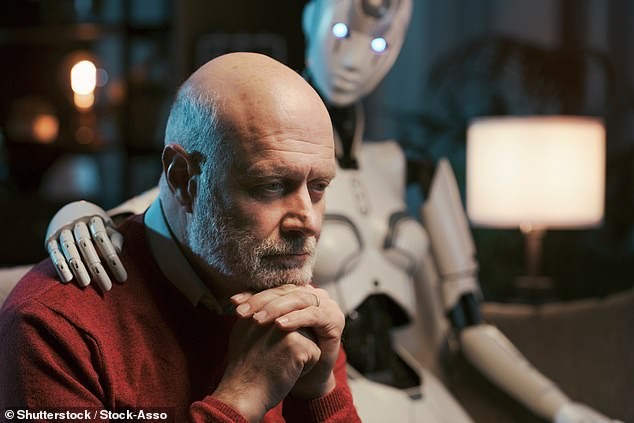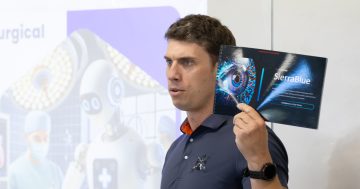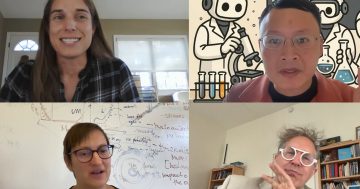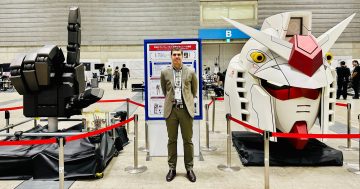
There have been many doom-laden forecasts of the effects that artificial intelligence will have on the human condition. However, Jessica Stillman suggests the impacts may be more prosaic, but nonetheless still worrying.
Artificial intelligence might not be about to destroy the world or take all our jobs, but that doesn’t mean there are more prosaic downsides.
The recent rapid advance in generative AI and tools like ChatGPT has raised a lot of anxiety. Will our new robots turn on us? Will they take away all the good jobs before they do?
The good news is that many well-informed people insist these nightmare scenarios are over-hyped.
Venture capitalist, Marc Andreessen recently wrote a blog post laying out the case for AI optimism.
“The era of Artificial Intelligence is here, and boy are people freaking out,” he wrote.
“Fortunately, I am here to bring the good news: AI will not destroy the world.”
Just because you probably shouldn’t lose sleep about the rise of the robot overlords, doesn’t mean entrepreneurs shouldn’t exercise caution when thinking about the impacts of AI.
Aside from well-publicised downsides — like the tendency of these systems to just make stuff up — one new study suggests they seem to be linked to increased loneliness, sleep disruptions, and even more after-work drinking.
The research was conducted by Business Professor, Pok Man Tang, who previously worked in investment banking and spent a lot of time with AI systems.
The experience inspired Professor Tang to round up a group of colleagues and study the impacts of lots of AI-human interaction.
To figure out how these tools might affect the humans who use them, team members set up a series of experiments.
They asked groups of professionals like software engineers and real estate consultants to try out new AI tools, while the team surveyed the effect on their mood and behaviour and compared it to comparable workers who didn’t use the tools.
The workers who relied heavily on AI systems reported feeling more lonely and also showed insomnia and after-work alcohol consumption.
These results are only correlational — they can’t prove AI use caused any of the observed effects.
However, they’re still concerning, especially given the already sky-high levels of loneliness many workers are dealing with.
“Humans are social animals, and isolating work with AI systems may have damaging spill-over effects into employees’ personal lives,” Professor Tang said.
It should be noted that while this study does raise the possibility that significant use of AI tools might worsen social isolation and its negative effects, that doesn’t mean these tools don’t come with advantages.
Professor Tang and his team found, for instance, that those employees who used more AI tools were also more willing to volunteer to help out colleagues.
That might just be because they were desperate for some human interaction. Or, it might be because AI was allowing them to do their job faster, freeing up time to lend a hand.
Another recent study suggests it might at least in part be the latter.
When the researchers gave a bunch of office workers access to AI tools, it cut the time it took them to do simple tasks nearly in half.
Other previous research that gave AI tools to lawyers to assist with routine document-processing found that the lawyers loved their new robot assistants.
All of which paints a somewhat complicated picture for bosses wondering how to best introduce these tools into their workplaces.
Initial evidence suggests there are very real productivity gains to be had, as long as employees understand what these tools can and can’t do.
This latest study also suggests there may be a human cost for that improved efficiency.
If your team is spending an increasing amount of time with tools like ChatGPT, you may want to watch out for increased isolation and take steps to bring your team together for a little human-to-human connection.
*Jessica Stillman is a writer, editor and ghost-writer whose regular Inc.com column is focused on making work life (and just life-life) more meaningful, joyful, and effective. She can be contacted at jessicastillman.com.
This article first appeared at Inc.com.











